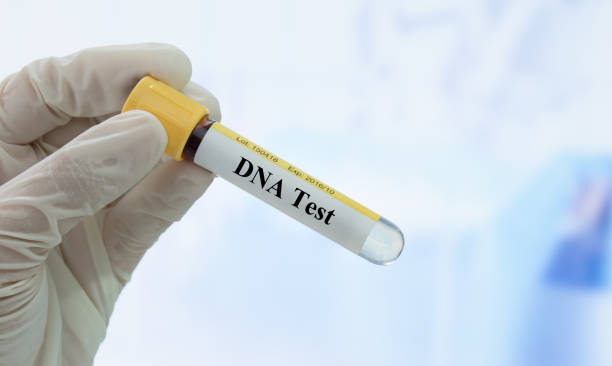 State of Emergency conditions and evacuations seem to have become increasingly more common in this state over the years. Floods, hurricanes, and other extreme weather conditions can force a whole neighborhood to relocate for a few weeks. At times the evacuation protocols remain voluntary, meaning you may stay in your home at your own risk. Residents choose to weather the storm for a number of reasons, be it to avoid an expensive relocation or to protect their property from looters. Whatever the reason you stay behind, be aware that a State of Emergency prompts law enforcement to be more vigilant in their safety patrols.
State of Emergency conditions and evacuations seem to have become increasingly more common in this state over the years. Floods, hurricanes, and other extreme weather conditions can force a whole neighborhood to relocate for a few weeks. At times the evacuation protocols remain voluntary, meaning you may stay in your home at your own risk. Residents choose to weather the storm for a number of reasons, be it to avoid an expensive relocation or to protect their property from looters. Whatever the reason you stay behind, be aware that a State of Emergency prompts law enforcement to be more vigilant in their safety patrols.
One late night Neil Rabeaux was walking down the side of the road in Butte La Rose when he was stopped by police officers. There was a State of Emergency in effect at the time, and many residents had voluntarily evacuated the town due to a looming flood warning. While speaking with Rabeaux, officers noted Rabeaux appeared intoxicated and that his waistband contained a handgun. A radio call to dispatch erroneously indicated Rabeaux had multiple felony convictions on his record. They arrested Rabeaux for Possession of a Firearm by a Felon and Illegal Carrying of a Firearm. Officers later discovered Rabeaux did not have a record, and dropped all charges. Rabeaux then filed a lawsuit against the two officers for wrongful arrest and false imprisonment.
The officers filed a motion for summary judgment, claiming immunity under the Louisiana Homeland Security and Emergency Assistance and Disaster Act (“the Act”). They asserted that since there was a State of Emergency at the time, their actions were immune from suit. The Trial Court agreed and dismissed the lawsuit. Rabeaux appealed.
 Louisiana Personal Injury Lawyer Blog
Louisiana Personal Injury Lawyer Blog


 Carrying a great deal of debt is a liability, and it may lead to some disastrous consequences. In the event of a default, your creditors can take you to court to recover the amount owed. If a judgment is made against you, your finances come under a microscope. Large transfers of money or property are strictly monitored and may even be reversed if your creditor feels the loss of the property may lead you to become more insolvent. So, what do you do when you have a large debt but need to transfer property? You need a good lawyer to navigate high debt situations, and to help you decide whether bankruptcy is the best way to avoid misfortune.
Carrying a great deal of debt is a liability, and it may lead to some disastrous consequences. In the event of a default, your creditors can take you to court to recover the amount owed. If a judgment is made against you, your finances come under a microscope. Large transfers of money or property are strictly monitored and may even be reversed if your creditor feels the loss of the property may lead you to become more insolvent. So, what do you do when you have a large debt but need to transfer property? You need a good lawyer to navigate high debt situations, and to help you decide whether bankruptcy is the best way to avoid misfortune.  This case drives home the important reality that sometimes the justice system punishes innocent people, but also shows that in the end true justice can prevail.
This case drives home the important reality that sometimes the justice system punishes innocent people, but also shows that in the end true justice can prevail. What happens in Baton Rouge if your Lawyer does not file your lawsuit appeal on time? You could lose that appeal. The following case demonstrates that Louisiana Courts follow strict procedural rules when it comes to filing for request for new trial. The best lawyers in Baton Rouge know these rules, so choose your lawyer wisely.
What happens in Baton Rouge if your Lawyer does not file your lawsuit appeal on time? You could lose that appeal. The following case demonstrates that Louisiana Courts follow strict procedural rules when it comes to filing for request for new trial. The best lawyers in Baton Rouge know these rules, so choose your lawyer wisely.